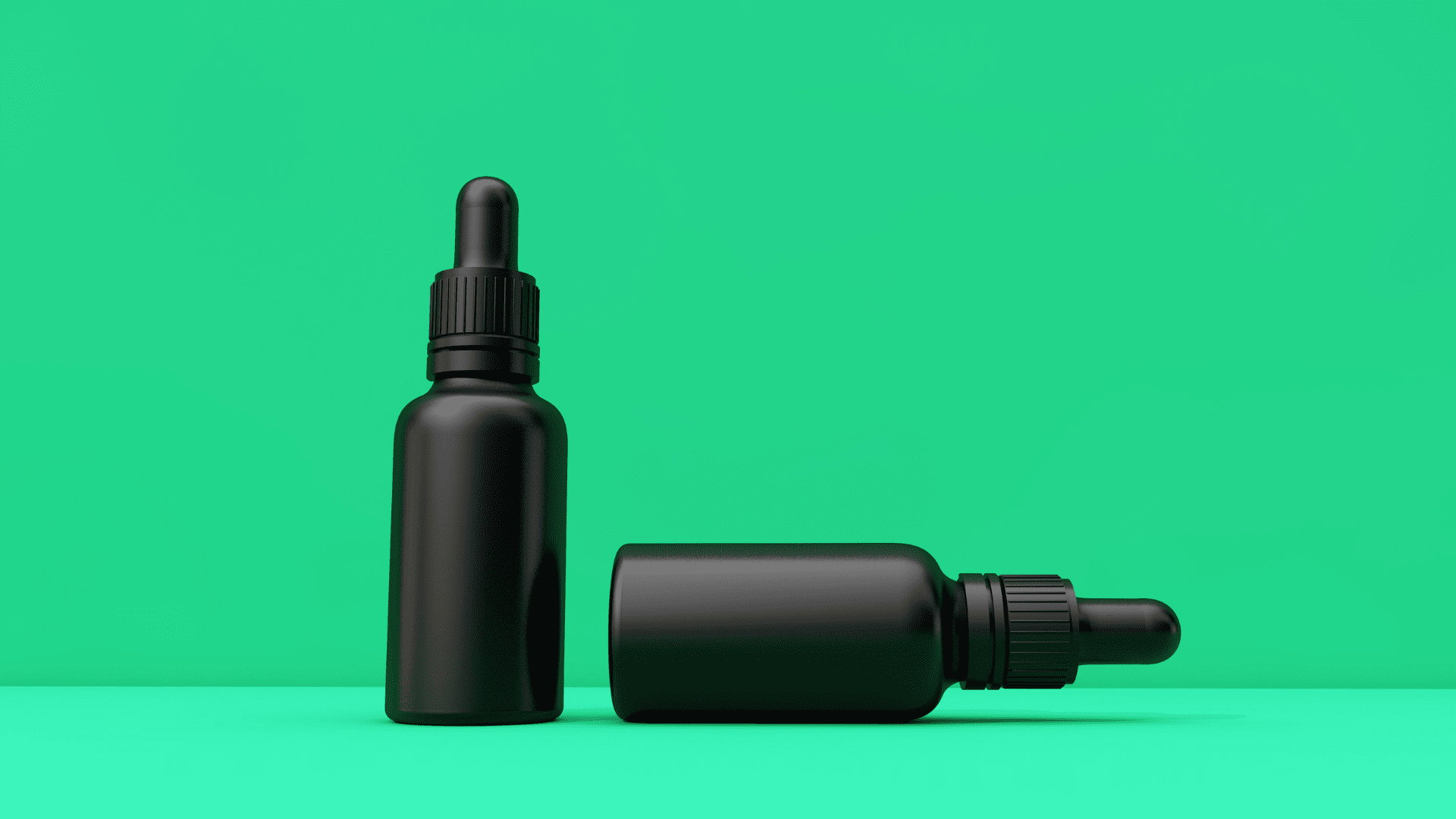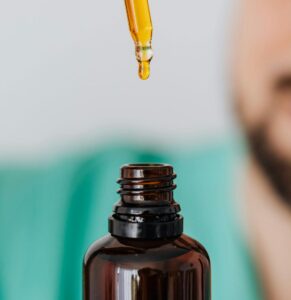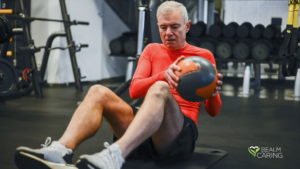When starting out with cannabinoid therapy, you might find yourself Googling “fastest”, “strongest”, or “most effective” cannabidiol (CBD). While you may get many results for the multitude of products available, it will soon become difficult to sort through the promotional material and find the one that might work best for you.
Unfortunately, CBD therapy is not a one-size-fits-all approach. There are several factors to consider when starting out such as ailment, desired outcome, age, taste or administration preferences, current medications, and more. Even with all of the variables involved, finding success with CBD can be possible and Realm of Caring is here to help you get there.
How to find what is right for you:
Consider the ailment you are looking to address
We may have several ailments happening at once that we would like to see alleviated with CBD. When beginning a cannabinoid therapy routine, it can be beneficial to ask the question “what will success look like to me?” For example, if the cause of your restless sleep is joint pain then you might consider improved sleep to be one success and consistent pain relief another. These benchmarks can provide indication that you are on the right path but also give insight to if an increase or decrease might be necessary.
Journaling can add a great benefit to your therapy, so you can jot down dose changes, product changes, and improvements along the way. Remember, your cannabinoid therapy journey is about finding what works best for you, journaling is one more tool to ensure your experience is as unique as you are.
Read your labels
With a lack of FDA oversight, it is up to the consumer to check on the accuracy of CBD labels. This involves an extra step, but is worth it to ensure that you are using a safe and quality product. CBD labels should include how much CBD the product contains (typically in milligrams), as well as the carrier oil, other cannabinoids, supplements, terpenes, and/or flavoring. One way to verify the concentration of listed ingredients is to check it with a certificate of analysis (COA). Each quality company should be able to provide you a COA for the product you purchase, that is verified by a third party lab.
Look at the concentration of cannabinoids other than CBD
While additional cannabinoids can be listed directly on the label of the product you are purchasing, the cannabis plant has hundreds of minor cannabinoids that may be in your product. Each cannabinoid has potential benefits and works synergistically with the star of the show, CBD. To figure out the list of other cannabinoids that are detected, look back to that COA. If you were finding success with one product and then switched to another and were not achieving the same results, you might find that one had a higher/lower concentration of a specific cannabinoid other than CBD. For example your product could yield a higher percentage of CBG or CBN.
Understand what non-cannabis ingredients are added
Many CBD products will have 2-3 ingredients such as: hemp oil, a carrier oil, and (occasionally) a natural flavoring. However, you may recall advertisements for CBD products that promote “best for sleep” or “best for pain”. Typically, these claims can be made if: a. Research supports the claim for the specific product or b. The product includes an ingredient, other than CBD, a carrier oil and a natural flavoring, that has been researched to affect the normal functioning of the body in that way.
For example, if a CBD product is labeled for sleep, then it may include Melatonin, L-theanine, or Valerian Root. CBD has researched sleep benefits of its own, but may work synergistically with these added ingredients for an additional boost. Before purchasing, understand what ingredients have been added and if those are right for you.
Figure out your dose
As with any therapy, effective dosing varies widely by individual and condition. Figuring out your dose can help set you up for success and help you determine how much you will be spending. Given the varied prices of CBD, a certain cost may make you feel as if you are getting a “good deal”, however understanding how much you may be starting out with provides a better indication of what you will be spending. Comparing CBD product costs is just like comparing cereal boxes at the grocery store. But instead of looking at cost per ounce, you’ll be looking at cost per milligram (mg).
Your dose may vary depending on your age, condition, and medications you are taking. When looking to CBD for medical conditions, we always recommend speaking with a healthcare professional. However, to help you understand what to consider before purchasing or how to talk to your doctor about CBD, contact a Realm of Caring Care Specialist for free one-on-one support by emailing [email protected] or calling (719) 347-5400.





